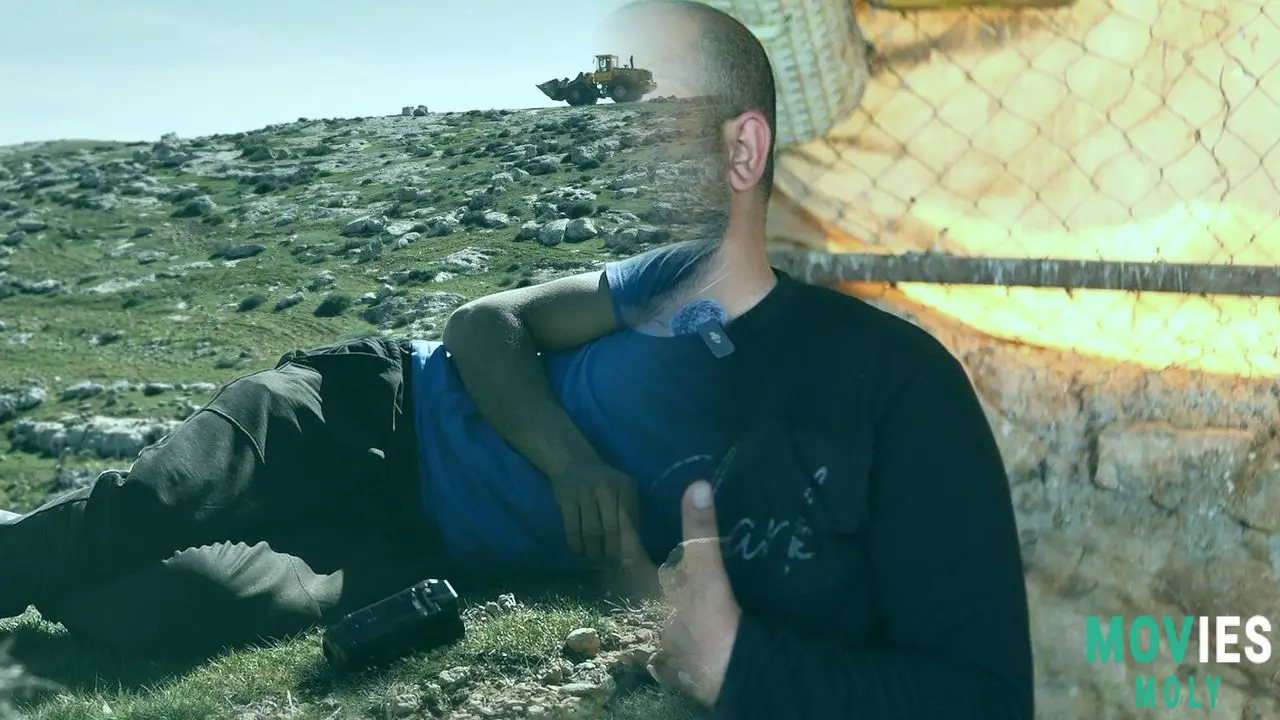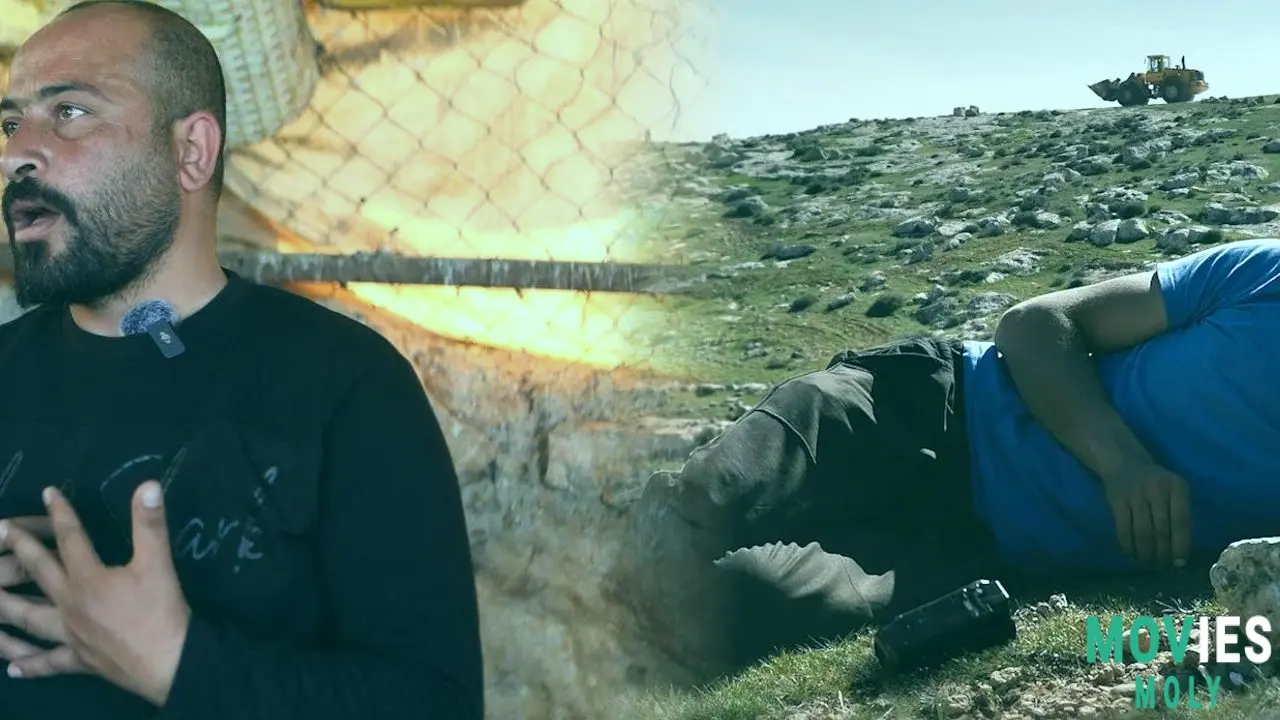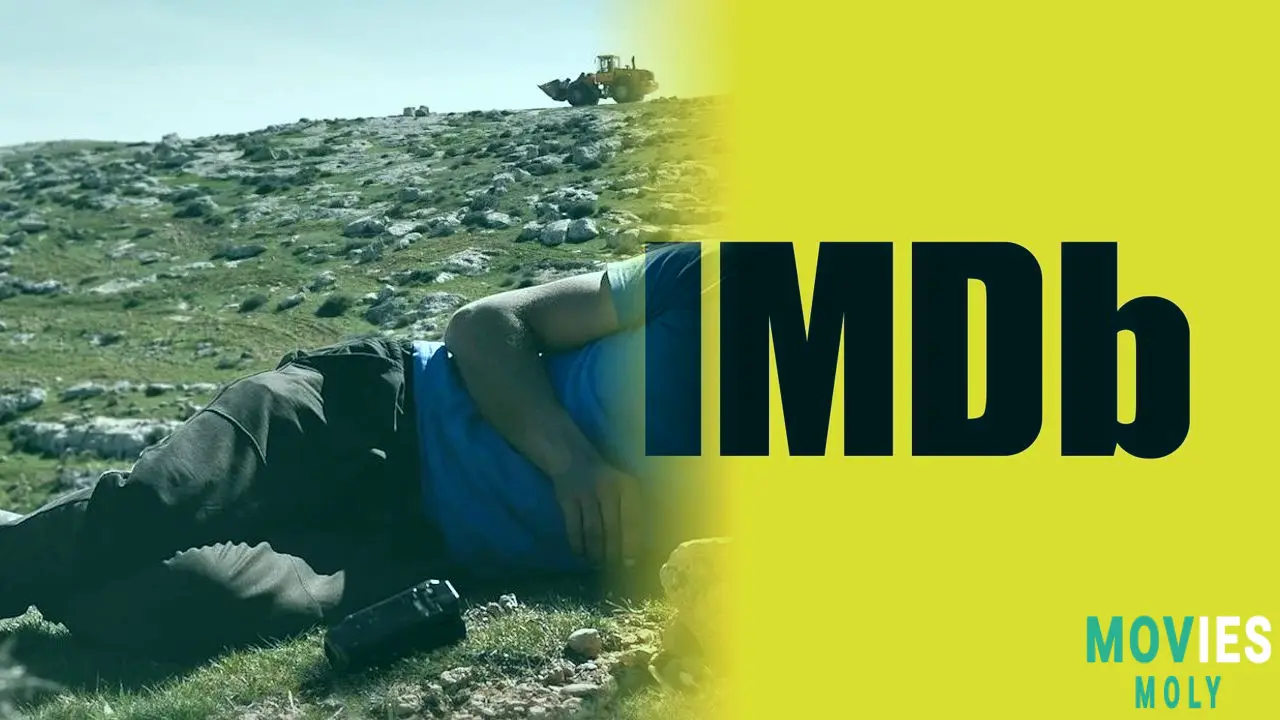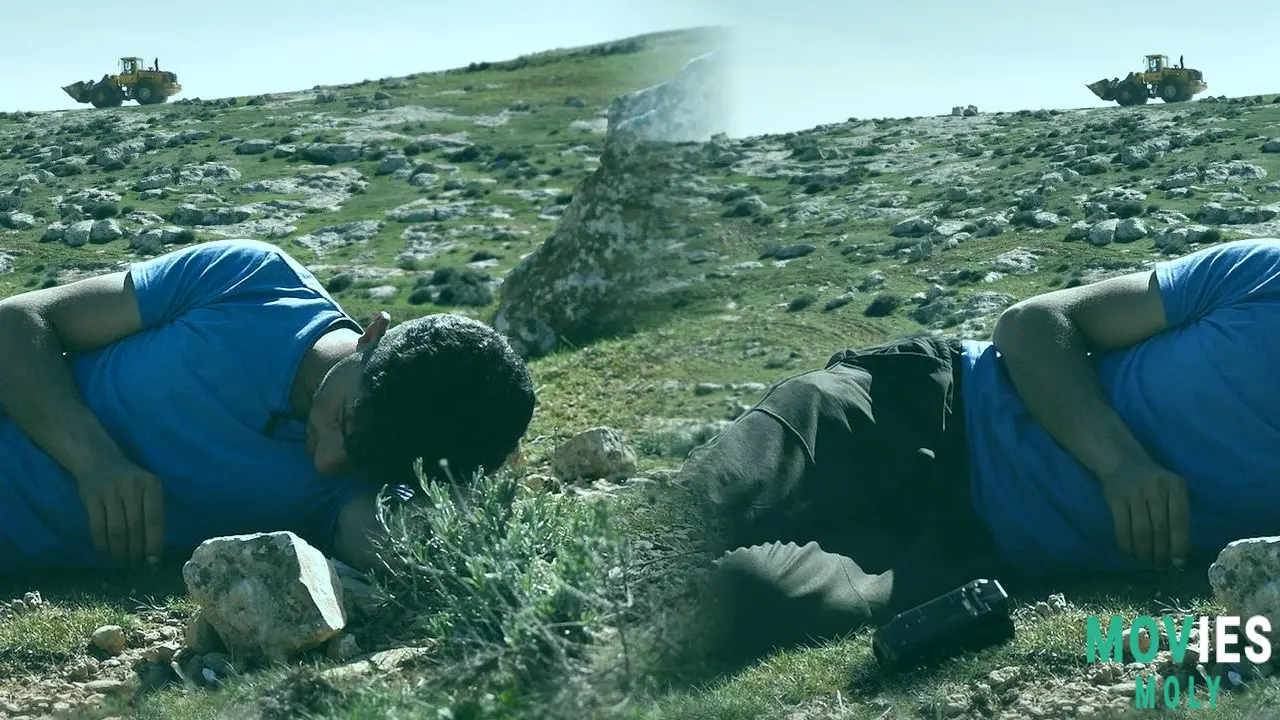The Oscar-winning documentary "No Other Land" is finally hitting U.S. streaming platforms very soon, but its path to your screen has been anything but typical, marked by a powerful decision for independence.
TL;DR
- "No Other Land" will be available for digital purchase and rental on Apple TV, Amazon, Google Play, and YouTube starting October 20.
- Filmmakers rejected a streaming deal with Mubi due to the company's investor, Sequoia Capital, having ties to an Israeli military tech startup.
- 100% of VOD proceeds from the self-release will directly benefit Palestinian communities in Masafer Yatta, the occupied West Bank region central to the film.
Get ready, film fans! The highly acclaimed documentary No Other Land is making its way to U.S. Streaming platforms this month. After a journey that’s been as compelling and challenging as the film’s subject matter, this powerful Oscar winner will be available for you to watch at home. But before you hit play, there's a fascinating backstory you should know about how it got here.
This isn't just any film release; it's a statement. The team behind No Other Land decided to self-release the movie on major digital platforms, choosing independence over a traditional distribution deal. Why? Because they wanted to ensure their message, and their film's proceeds, landed exactly where they intended: with the communities it portrays.
Choosing an Independent Path: Why a Major Deal Was Rejected

In a move that’s pretty rare for an Oscar-winning film, the No Other Land filmmakers opted out of a domestic streaming deal with distributor Mubi. They'd been in negotiations for months, even thinking they'd found a home for their powerful story. However, once Mubi's well-publicized backing from U.S. venture capital firm Sequoia Capital became a sticking point, everything changed.
Sequoia Capital has financial ties to Kela, an Israeli military tech startup co-founded by Israeli military intelligence veterans. This connection, especially given that Kela launched after Israel's 2023 military assault on Gaza, was a dealbreaker for the filmmakers. They drew a direct line between Kela and the ongoing conflict, feeling that partnering with Mubi would be inconsistent with their film's message.
"This film shows the reality of Israeli occupation and oppression against Palestinians — but that truth apparently didn’t fit the narrative that big U.S. streamers wanted to promote. We talked to Mubi for months, and initially thought our film had found its home, but in the end we learned that they were accepting a huge investment from Sequoia Capital."
— Basel Adra, No Other Land Co-Director"In addition to being unethical, it made no sense to us that they would take our film showing Israel’s oppression of Palestinians, and then also partner with a company contributing to that oppression."
— Yuval Abraham, No Other Land Co-DirectorMubi, for its part, has been dealing with quite a PR storm over this. Its CEO, Efe Cakarel, publicly defended the company, stating that Sequoia is a minority investor, he remains the majority shareholder, and profits wouldn't fund other companies in Sequoia's portfolio. Mubi even implemented an "Ethical Funding and Investment Policy" to address concerns. Despite this, the backlash persisted, with dozens of filmmakers signing a petition and even a Los Angeles film festival dropping Mubi as a sponsor. While Mubi did license the film in some European countries like Italy and Germany through local distributors, the U.S. streaming deal fell through.
Where and When You Can Watch This Crucial Film and Its Impact

So, where can you finally see No Other Land? Mark your calendars for October 20! The film will be available for digital purchase and rental on these U.S. streaming platforms:
- Apple TV
- Amazon
- Google Play
- YouTube
Perhaps the most significant aspect of this self-release is the destination of the proceeds. The filmmakers have pledged that 100% of all Video On Demand (VOD) proceeds will go directly to the Palestinian communities of Masafer Yatta. This is the occupied West Bank region that the film so intimately portrays, making your viewing choice a direct act of support.
A Challenging Journey from Festivals to the Oscar Stage

This isn't the first time No Other Land has taken an unconventional route. Earlier this year, the film was self-distributed theatrically in the U.S., a bold move that paid off, bringing in a robust $2.5 million at the box office. This theatrical success happened despite mainstream streamers and buyers reportedly shying away from the movie, with some sources claiming "buyers are passing out of fear" to engage with the Israeli-Palestinian topic.
The film’s incredible journey began with its premiere at the Berlin Film Festival last year (relative to the Oscar win this year) and continued through numerous festivals worldwide before it ultimately captured the Oscar for Best Documentary Feature. The recognition for its powerful storytelling and urgent message has been undeniable.
The Heart of the Story: Masafer Yatta and the Ongoing Struggle
At its core, No Other Land is a raw and vital documentary, created by a Palestinian-Israeli collective. It chronicles the systematic destruction of Masafer Yatta by Israeli soldiers and captures the unique alliance that forms between a Palestinian activist and an Israeli journalist documenting the events.
The film doesn't just show history; it reflects an ongoing reality. Settler violence continues in the West Bank. Tragically, Awdah Hathaleen, a collaborator on the film, was shot and killed by an Israeli settler just two months ago. Other members of the collective have also faced significant challenges, including co-director Hamdan Ballal being attacked and arrested, and co-director Basel Adra's home in the West Bank being raided by the IDF.
These events underscore the personal risks taken by those involved in making the film and highlight the urgent contemporary relevance of its narrative. By watching No Other Land, viewers gain a direct, unfiltered look into a critical human rights issue and the resilience of a community fighting for its home.
Why This Film's Story and Release Strategy Resonates Deeply
The decision by the No Other Land team to forge their own path for streaming distribution speaks volumes. It highlights the challenges films about sensitive geopolitical topics often face in securing mainstream distribution, even after winning the highest honors in filmmaking. It also showcases the unwavering commitment of the filmmakers to maintain integrity and direct impact.
By bypassing traditional distribution channels connected to entities they deem unethical, the creators are not just releasing a movie; they're reinforcing its core message of self-determination and direct support. Your choice to watch this film isn't just about entertainment; it's about engaging with an important story and contributing directly to the welfare of the communities at its heart.
Frequently Asked Questions About "No Other Land" StreamingWhere can I stream "No Other Land"?
You can stream No Other Land via digital purchase or rental on platforms including Apple TV, Amazon, Google Play, and YouTube in the U.S.
When is "No Other Land" available to watch on streaming?
The documentary becomes available for streaming on U.S. platforms starting October 20.
What is "No Other Land" about?
It's an Oscar-winning documentary that portrays Israeli settler violence and Palestinian displacement in the occupied West Bank region of Masafer Yatta, told through the eyes of a Palestinian activist and an Israeli journalist.
Will my purchase of "No Other Land" support a cause?
Yes! The filmmakers have announced that 100% of all VOD proceeds from the self-release will go directly to support Palestinian communities in Masafer Yatta.
Sources- Deadline
- The Guardian
- IndieWire
- Vulture (New York Magazine)
- The Wrap
- Variety






